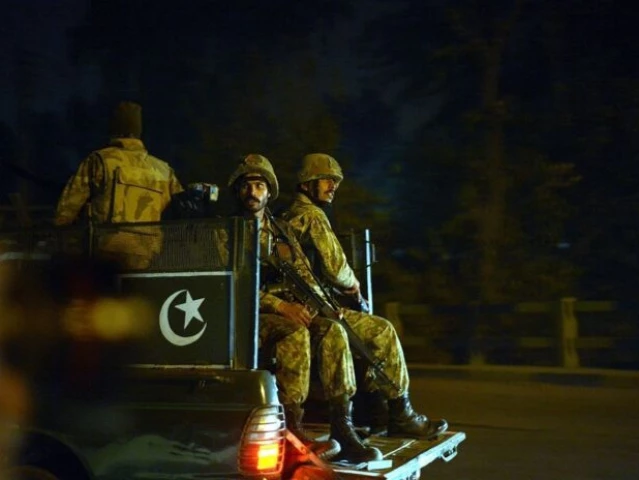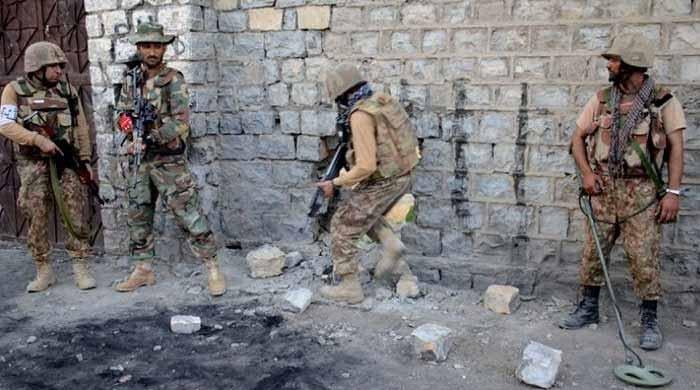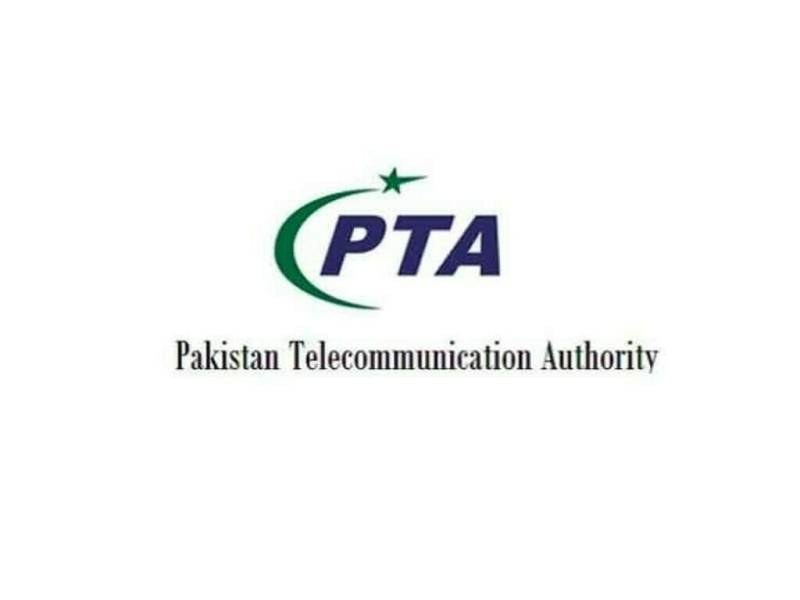President, PM praise security forces, say nation stands firmly with armed forces in fight against terrorism
…

President, PM praise security forces, say nation stands firmly with armed forces in fight against terrorism


The Pakistan Telecommunication Authority (PTA) has warned users to remain vigilant against illegal content circulating online.
In a statement, the PTA said that freedom of expression on digital platforms is a fundamental right of every…